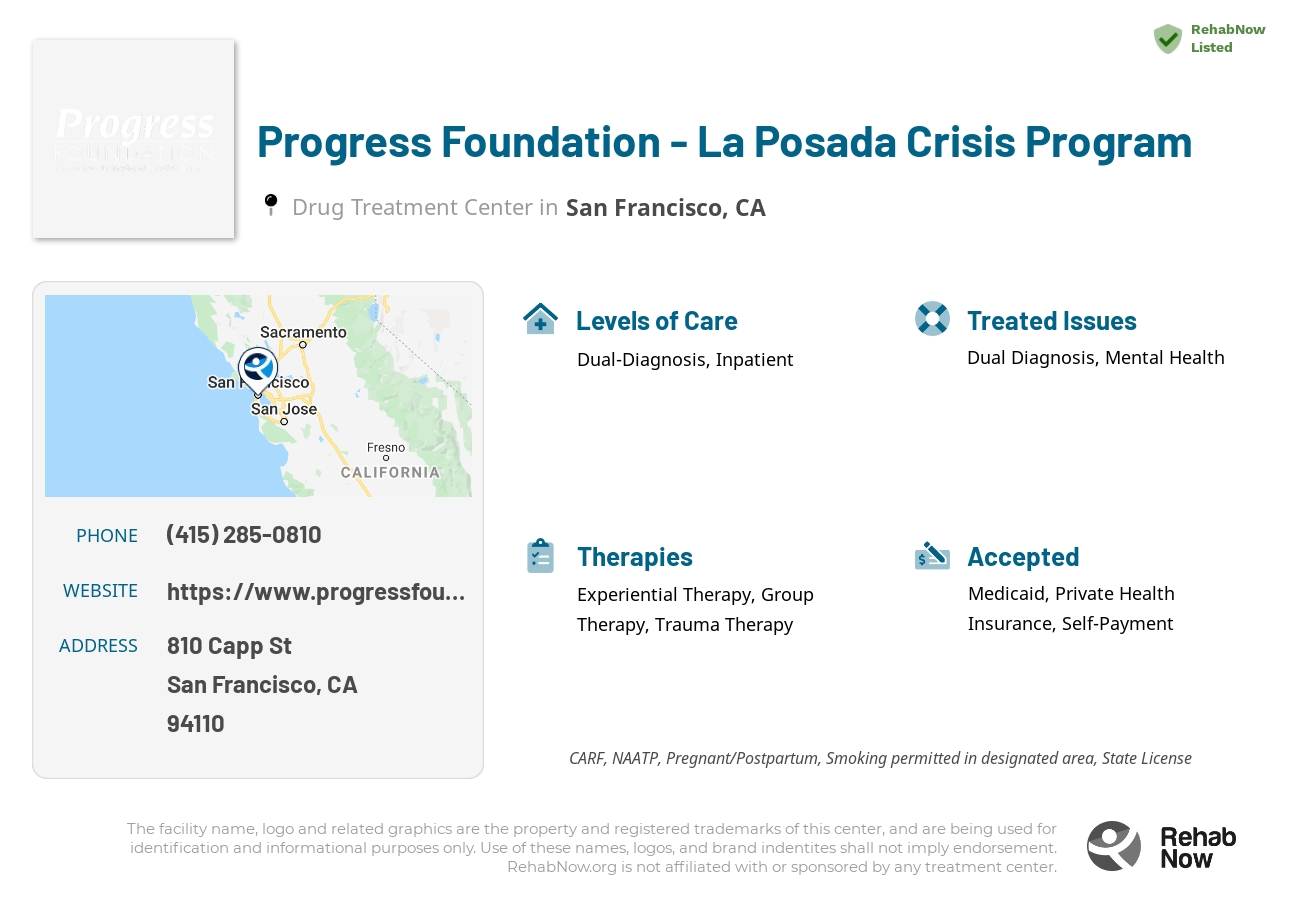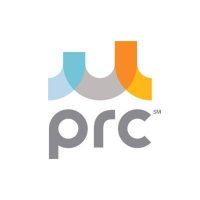Progress Foundation - La Posada Crisis Program
Drug Rehab Center in San Francisco, California
La Posada Crisis Program is a comprehensive addiction treatment facility in San Francisco, CA, providing 50+ years of specialized dual-diagnosis services such as residential, inpatient, and outpatient levels of care; accepting private health insurance; and offering an array of supportive services including case management, family therapy, relapse prevention strategies, and aftercare planning for long-term recovery.
About This California Facility
Progress Foundation - La Posada Crisis Program is an addiction treatment facility located in San Francisco, California. Since its establishment in 1969, this facility has been dedicated to providing comprehensive care and support to individuals struggling with dual diagnoses and mental health issues. With a range of levels of care available, including dual-diagnosis, inpatient, outpatient, and residential options, Progress Foundation - La Posada Crisis Program aims to address the diverse needs of their clients. They also accept private health insurance, making their services more accessible to a wider population. Affiliated with Progress Foundation, this facility offers a holistic approach to addiction treatment with a focus on meeting the unique requirements of individuals seeking help.
Progress Foundation - La Posada Crisis Program offers various services and treatment methods for individuals dealing with addiction and substance abuse. At this facility, clients can receive both dual-diagnosis treatment to address both mental health and substance abuse issues simultaneously. The treatment programs encompass various levels of care including inpatient, outpatient, and residential programs. These options allow clients to receive the appropriate level of intensity required for their recovery journey. Through evidence-based practices and personalized approaches, Progress Foundation - La Posada Crisis Program strives to help individuals overcome addiction by providing individual counseling sessions, group therapy sessions, medication management (if needed), as well as educational workshops aimed at developing life skills necessary for long-term recovery success.
Genders
Ages
Modality
Additional
Conditions and Issues Treated
Levels of Care Offered at Progress Foundation - La Posada Crisis Program
This center offers a variety of custom treatment tailored to individual recovery. Currently available are Dual-Diagnosis, Inpatient, Outpatient, Residential, with additional therapies available as listed below.
An inpatient is a person who stays in a hospital or rehab center during treatment. For alcohol- and drug-dependent individuals, inpatient rehabs provide individualized around-the-clock services. Inpatient treatment programs address a person’s unique physical, medical, and psychological needs. A team of experts assess the severity of the addiction and design a highly tailored program. typically, the length of stay in an inpatient facility in San Francisco, CA is 30 days. Those with severe addiction may need to stay at the facility for 60 to 90 days.
Outpatient rehabilitation is a treatment that exists if a patient is not checking into Progress Foundation - La Posada Crisis Program long term. In addition to helping them recover, the patient attends regular therapy sessions and detox and participates in other therapies. However, this is all primarily done from home. As a follow-up to inpatient treatment, outpatient treatment is usually recommended.
After rehabilitation, it helps people return to their everyday lives. It may also be an alternative to inpatient care in some situations. If they cannot leave their jobs, children, or don’t have the money for inpatient care, people can choose this method. Inpatient therapy, however, is the best method and most suggested level of treatment offered by Progress Foundation - La Posada Crisis Program in recovering from addiction.
Residential treatment programs are those that offer housing and meals in addition to substance abuse treatment. Rehab facilities that offer residential treatment allow patients to focus solely on recovery, in an environment totally separate from their lives. Some rehab centers specialize in short-term residential treatment (a few days to a week or two), while others solely provide treatment on a long-term basis (several weeks to months). Some offer both, and tailor treatment to the patient’s individual requirements.
Therapies & Programs
Trauma is one of the most common causes of psychological disorders. It’s often found in people with addiction diagnoses. Trauma therapy addresses this by examining the emotions and thoughts people have formed due to past traumas. Traumas are complex but trauma therapy can reduce their ability to contribute to addictive behaviors.
Patient Experience
Experiential Therapy at Progress Foundation - La Posada Crisis Program
Experiential therapy involves recreating or creating new experiences for the patient. Many people struggled with past issues such as memories or trauma. By creating a new experience, it allows people to work through the issues associated with those moments in a new experience. This can give them a new measure of control and can help them role play a new scenario. That can help push addiction into their past and help them begin the healing process.
Payment Options Accepted
For specific insurance or payment methods please contact us.
Is your insurance accepted?
Ask an expert, call (888) 674-0062
Progress Foundation Associated Centers
Discover treatment facilities under the same provider.
- Progress Foundation - Progress Place Crisis Program in Napa, CA
- Progress Foundation - Cortland House Residential Program in San Francisco, CA
- Progress Foundation - Carroll - Senior Program in San Francisco, CA
- Progress Foundation - Dorine Loso Program in San Francisco, CA
- Progress Foundation - Crisis Program in San Francisco, CA
Learn More About Progress Foundation Centers
Additional Details
Specifics, location, and helpful extra information.
San Francisco, California 94110 Phone Number(415) 285-0810 Meta DetailsUpdated November 25, 2023
Staff Verified
Patient Reviews
There are no reviews yet. Be the first one to write one.
San Francisco, California Addiction Information
More than 3 million of California's citizens are addicted to illegal drugs. Almost 800,000 people use hard drugs, almost 5 million use marijuana, and another 2.1 million abuse alcohol every year. Other substance abuse issues such as binge drinking and teen drug use are also common. Many illegal drugs such as cocaine, heroin, methamphetamine, and marijuana are smuggled into the state from Mexico.
There were 1,93 overdose deaths in San Francisco in 2016. This is a significant increase from the 1,11 overdose deaths reported in 2015. 16% of San Francisco residents aged 12 and older reported using an illicit drug. Drug abuse and addiction cost San Francisco an estimated $5 billion yearly. San Francisco's drug treatment facilities are designed to meet each patient's unique needs, providing the support and resources necessary for a successful recovery.
Treatment in Nearby Cities
- Lompoc, CA (241.6 mi.)
- Lake Forest, CA (388.9 mi.)
- Rancho Cucamonga, CA (369.6 mi.)
- Morgan Hill, CA (60.1 mi.)
- Scotts Valley, CA (53.4 mi.)
Centers near Progress Foundation - La Posada Crisis Program
The facility name, logo and brand are the property and registered trademarks of Progress Foundation - La Posada Crisis Program, and are being used for identification and informational purposes only. Use of these names, logos and brands shall not imply endorsement. RehabNow.org is not affiliated with or sponsored by Progress Foundation - La Posada Crisis Program.




